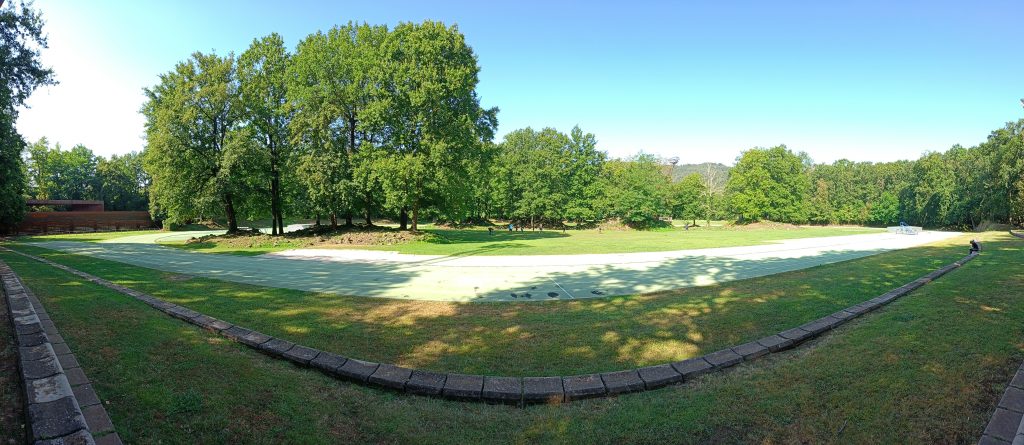Linford Christie, a name synonymous with speed and excellence in the world of athletics, remains a powerful voice in sports today. As the only British athlete to clinch gold in the 100m at the Olympic Games, Christie’s legacy is not only measured by his remarkable achievements on the track but also by the wisdom he imparts off it. In a recent discussion, Christie shared his insights on the evolution of sprinting, the importance of mental resilience, and the future of athletics in a post-pandemic world.
Christie’s journey began in the 1980s, and it was during the 1992 Barcelona Olympics that he made history by winning the gold medal in the 100m race, a feat that solidified his status as one of Britain’s greatest athletes. His speed and technique were unmatched, and his dedication to the sport has inspired countless young athletes. However, what sets Christie apart from many other athletes is his ability to analyze the sport’s dynamics and share valuable lessons.
In recent interviews, Christie emphasized the significance of mental strength in athletics. He believes that physical prowess alone is not enough to succeed at the highest levels; athletes must also cultivate a strong mental game. “The mind is a powerful tool,” he stated. “You can have all the talent in the world, but if you don’t believe in yourself and stay focused, you won’t reach your potential.”
As the world adapts to the changes brought about by the pandemic, Christie has noted a shift in how athletes train and prepare for competitions. Virtual training sessions and remote coaching have become the norm, presenting both challenges and opportunities. He expressed optimism about the future, suggesting that the increased use of technology could enhance training methods and broaden access to coaching for athletes around the globe.
Moreover, Christie has been an advocate for diversity and inclusion in sports. He believes that the athletic community should reflect the society it serves, encouraging underrepresented groups to participate in track and field events. This commitment to inclusivity is vital, as it fosters a rich environment where all athletes can thrive, regardless of their backgrounds.
As a commentator on the sport, Christie is not afraid to voice his opinions on various issues affecting athletics. He has called for better support systems for athletes, particularly regarding mental health resources. “We need to ensure that athletes have access to the help they need, not just physically but mentally as well,” he noted, highlighting an often-overlooked aspect of an athlete’s career.
Looking ahead, Christie is excited about the next generation of sprinters emerging on the scene. He is particularly keen on mentoring young talent, sharing his experiences and training techniques to help them navigate the often-turbulent waters of professional athletics. His passion for the sport and dedication to nurturing future stars is evident in his involvement with various training programs.
In conclusion, Linford Christie is not only a legendary athlete but also a mentor and advocate for the sport. His insights into mental resilience, technological advancements in training, and the importance of diversity offer a roadmap for the future of athletics. As he continues to influence and inspire, one thing remains clear: Linford Christie’s legacy is far from over. The world of athletics can only benefit from his wisdom and experience as it races toward a brighter future.
As we reflect on Christie’s contributions, it becomes evident that his journey embodies the spirit of perseverance and excellence. It serves as a reminder that while the finish line is important, the lessons learned along the way are what truly define an athlete’s legacy.

